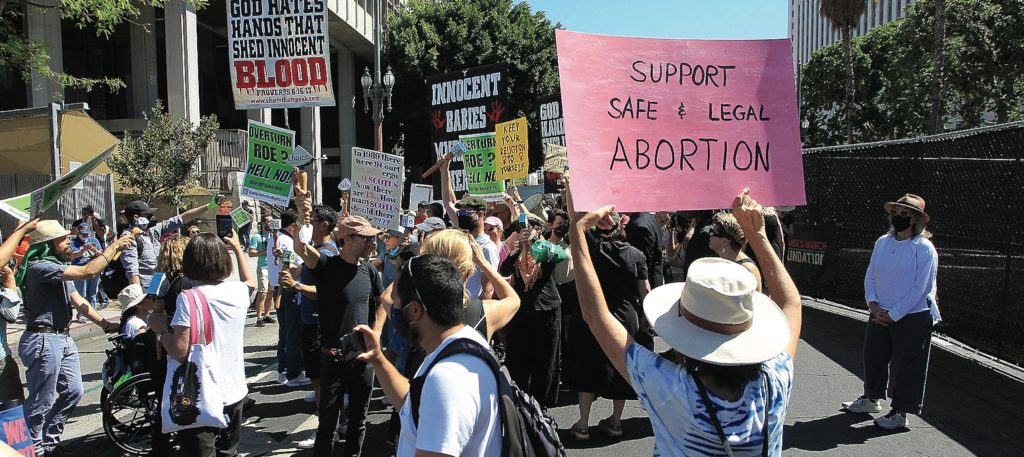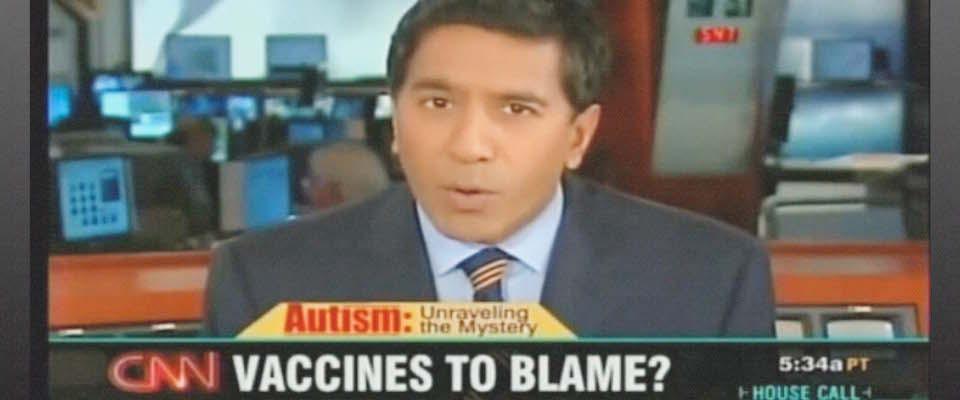A study by graduate students David Broockman (Berkeley) and Joshua Kalla (Yale) on the cupidity of Congressional representatives made recent news because it validated the conventional wisdom: politicians like you better if you give them money. But that wasn’t the real hook.
The bigger story is that the study (supported by CREDO Action, a progressive political organization) provides the first real evidence that the Supreme Court based its landmark 2010 Citizens United v Federal Election Commission decision on a faulty premise. And if other studies support his findings, says Broockman, the high court will have no choice but to reevaluate its ruling giving corporations the same rights as individuals when it comes to political contributions.
Only problem is, while other social scientists might agree with Broockman, a Cal legal scholar reminds us that courts aren’t all that interested in social science. They require legal precedent.
Broockman describes his study as the first randomized experiment to gauge the impact money has on citizen access to politicians. Two thousand subjects were recruited, and they requested meetings with 191 U.S. Representatives.
“In numerous polls, the role of money in politics is cited as the main reason for the public’s distrust of government,” Broockman said. “We are trying to evaluate those concerns at an empirical level.”
All the politicians were from the same party, Broockman, said, though he declined to identify which one: “Our findings don’t really hinge on identifying the party or the legislators. It isn’t our intent to make one party look better or worse than the other.”
Only 2.4 percent of the subjects secured meetings with Congresspeople when they identified themselves as “constituents.” But 12.5 percent of the subjects who called themselves “donors” got congressional face time.
The same basic metric held for top congressional staffers. Only 5.5 percent of the “constituents” were able to make appointments with senior staffers, while 20 percent of the “donors” were granted meetings.
That, of course, surprises no one. Even more than most predatory hominids, politicians are known for acting in their self-interest first and foremost. But as noted above, the study has implications larger than confirming our worst suspicions about our government representatives. It is a gauntlet thrown down to the Supreme Court. Specifically, it undermines the basis for Citizens United, the 2010 decision that allowed tsunamis of corporate cash to pour into campaign coffers and made Super Pac support de rigueur for winning elected office.
In writing for the majority on Citizens United, Justice Anthony Kennedy stated: “We now conclude that independent expenditures, including those made by corporations, do not give rise to corruption or the appearance of corruption.”
Kennedy caught a lot of flak for that, in that he seemed to be operating on a gut feeling and confusing it with a conclusion derived from empirical evidence. And empirical evidence, observed Broockman, has been the putative coin of the judiciary’s realm at least since Brown v. Board of Education, the 1954 decision that ultimately desegregated the nation’s educational institutions; that ruling was based on data confirming that schools serving white students were superior to those restricted to African-American kids.
“The Supreme Court set itself up on an empirical guess (on Citizens United),” Broockman said, “and our study demonstrated it can be proven wrong. Assuming further research substantiates our findings, I don’t see how the court can maintain a claim of impartiality without going back to Citizens United. (It) will be a source of embarrassment for the Court, given that the justices have based these decisions on empirical judgments.”
Well, not so fast, counters Berkeley Law (Boalt) Professor Emeritus Robert Cole. The Broockman/Kalla study may well hold up — or not — but it puts no real onus on SCOTUS in and of itself.
“No matter how good any social science research may be, it must fit into a litigated case that the Court agrees to decide,” Cole said. “The Supreme Court doesn’t just read a study and say, ‘Oh, let’s change our decision.’ Also, a case has to run a gantlet, from (the local) courts through the appellate courts. The Supreme Court receives about 5,000 applications a year, but agrees to hear only about a hundred.So those are long odds.”
Cole pointed out that Citizens United held that a federal statute restricting independent expenditures supporting or opposing a candidate by corporations and labor unions violated the First Amendment. Such independent expenditures are not considered direct contributions to candidates. The Court held that it was not necessary for corporations or unions to create separate political action committees for such expenditures.
“So from that perspective, this study is not directly relevant to electioneering expenditures,” Cole said, “It’s not completely irrelevant – it’s just far afield from the issue of ‘independent expenditures’ in support of a candidate, and thus would not matter in Citizens United itself. In legal cases, any research — even the best research — has to be considered in terms of its functionality.”
So where could the Broockman/Kalla study apply?
“You have to find a relevant case, perhaps one involving unfair access to a legislative representatives,” said Cole. “And frankly, it’s difficult to think of a case like that – I can’t recall any pertinent statues. It would be very difficult to successfully sue your Congressman for ‘inadequate access.’ Don’t get me wrong, unfair access is a legitimate idea, and (the donor/constituent study) could well substantiate it. But fitting it into a lawsuit is another matter. The First Amendment essentially establishes a ‘market concept’ for free speech. In other words, it’s a free-for-all out there. Everyone participates best as he or she can. You can’t say, ‘There will be such-and-such restrictions on this guy because he’s too rich.’ You don’t get to equalize all the players.”
A better way to employ the study, Cole said, might be to take it to state legislatures or Congress — perhaps their ethics committees — “and say, ‘Look at this data. We obviously need legislation or self-regulation guaranteeing equal access.’ But again, is it likely that would be successful? Probably not. But it could be a place to start.”




















